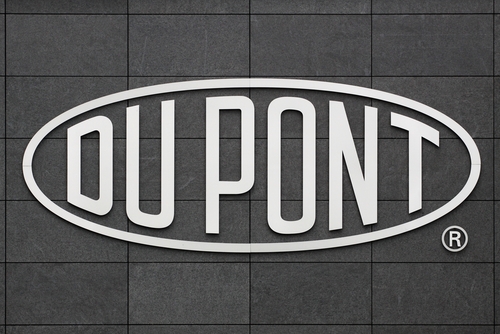DuPont and Dow scheduled to complete merger later this year
By Diego Flammini
Assistant Editor, North American Content
Farms.com
According to a March 6 report from Bloomberg News, people close to the situation have said BASF, the world’s largest chemical company,is working with advisors and banks on pursuing a counterbid for DuPont.
Just when Dow and DuPont were under the impression their merger, worth an estimated $130 billion,would be completed this year, BASF could be coming up with its own bid to purchase DuPont.

Purchasing DuPont would make it the second-largest producer of seeds including GMO corn; only Monsanto is larger.
During a panel discussion on March 6, Jeff McCracken, managing editor for Bloomberg News, offered an idea of what BASF would have to offer for a deal to get done.
“They would probably have to offer $70 (or) $72 billion from what I’ve seen from the analysts,” he said.
McCracken said a deal seems “unlikely” to be done, but the fact BASF is still contemplating the idea shows an understanding of what’s happening throughout the agriculture industry.
“I think BASF realizes the whole industry is consolidating in the chemical space,” said McCracken.
German-based BASF has previously considered making a bid to purchase Syngenta before it agreed to a $43 billion takeover bid from ChemChina.